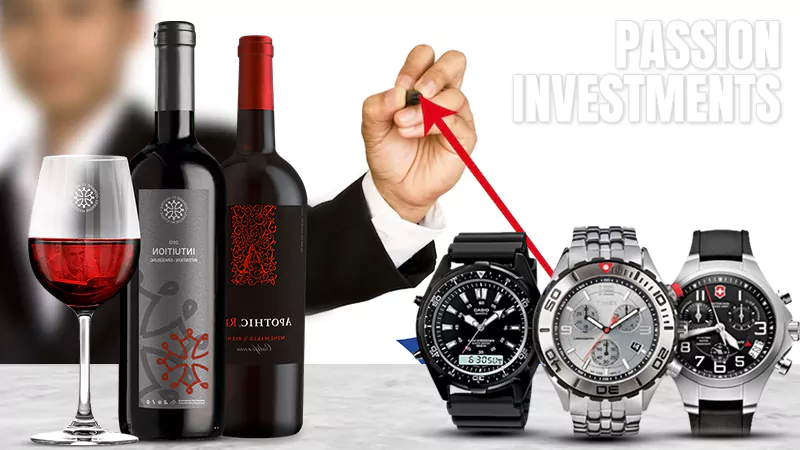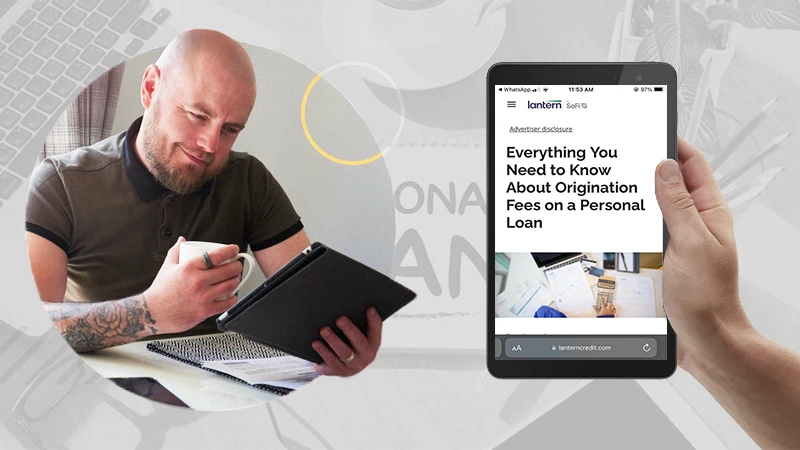Over Half of the UAE Workforce Will Not Survive Financially if Hit by Critical Illness
In the light of the recently released results of the survey done by the Financial Survival Survey commissioned by Friends Provident International, many enterprises are now trying to work out a solution. The survey had revealed that 57% of the UAE workforce is insufficiently financially prepared to survive even three months if they were to be hit by a critical illness that requires them to quit their work. In fact, over one-fourth of the respondents are of the view that they might not even survive for a single month in such cases. This has emphasized the lack of preparedness for a critical illness that the UAE employees have. This has urged the enterprises into action and taken various steps to provide critical illness cover for their employees. Many of the enterprises are thus looking for group health insurance in UAE that will allow them to provide coverage to more employees while incurring less cost.
The survey was conducted by FPIL who is a global provider of protection, saving, and investment solutions. The survey had received responses from employees all over UAE of different gender, ages, income, and nationality, and the like. The women seemed more confident in being able to survive three months in the case of contracting a critical illness than their male counterparts. Yet only 12% of men and 14% of women trusted themselves and their savings to be able to survive a full year in such a case when they contract a serious illness and have to quit their jobs.
The survey also put on focus the fact that the working population is most likely to fall seriously ill rather than die during their working years. They are most likely to be diagnosed with a critical illness in the time they are working which can prove to be fatal after retirement. But the diagnosis still can affect the productivity of the employee drastically. This put greater responsibility on the shoulders of the employers to provide their employees with critical illness cover. The survey regrets the lack of preparedness of the employees of UAE to survive without work in case of losing their job.
One would expect older employees who have been working for a longer time than their younger counterparts to be better prepared for such a crisis. However, surprisingly, they are even less confident to be able to hold out their financial fort for six months, as compared to their younger colleagues. Still, 17% of the older employees are confident that they can financially survive 12 months in case they contract a critical illness and are rendered unable to work. Albeit a fraction of these older employees are prepared in such a way but they are still prepared for the longest time in terms of economic preparedness. Yet most of the employees from all age groups are startlingly underprepared and that is a major cause of worry.
When it comes to the Emirati and Arab expatriates along with their Asian counterparts that are working in the United Arab Emirates, two-thirds of them are certain that if they were to fall sick and lose their jobs, they will be unable to survive for even three months. The 71% employees from the West were also of the same opinion as per the survey reports. This is quite concerning as the native countries of these employees offer better statutory benefits that they cannot claim while working in the United Arab Emirates.
Certainly, the single employees were comparatively more confident that they will be able to survive three months without work if they were to fall sick. However, the married employees who have families depending on them are not so lucky and were seemingly certain that they will not be able to make it through three months in case of a crisis. This suggests that despite a varying number of dependents on the employees, they are still underprepared if they contract a serious illness and lose their job.
The survey has clearly established the critical illness cover as a need of the hour and has also been reinforced in the light of the pandemic in the minds of the employees as well as the employers. The Friends Provident International has already started to live the change by relaunching their critical illness cover to comply with the latest United Arab Emirates Insurance Authority’s BOD-49 regulations that promote fee and product transparency. It has been made available to the expatriate employees across GCC as well available through regulated financial advisors of the country.
What is Critical Illness Cover?
This is a protection product that will take care of the financial payout if you are diagnosed with a critical illness during its term. The difference between regular medical cover and critical illness cover is that critical illness cover also covers other expenses such as food, school fees, home modification for facilitation of the patient, utility bills, and similar daily expenses. This feature is not available in medical or life policies.
What is Group Health Insurance?
It provides coverage to a group of members. It is available at a reduced cost as the risk of the insurer is spread across a pool of policyholders.
Conclusion
This is how the announcement of the result of this survey has forced the corporations into action and held them responsible for the financial and mental well-being of their employees. Thus, many of them are looking to enforce the latest regulations as well as introduce critical illness cover for their employees. Unless an employee is not certain of their future, they can’t work sincerely and affect their productivity. So the application of such regulations and the introduction of critical illness cover through group health insurance in the UAE is a win-win situation for both the stakeholders.
Enhancing Business Finance: The Power of Tax Relief…
How Can Families Save More Without Compromising Their…
Emerging Markets and Tech-Driven Growth: Investing in the…
The Future of Finance: Exploring Emerging Technologies and…
Earning Passive Income with Liquidity Pools
Best Practices for Developing an Account Planning Strategy
Dive Into the Oil Profits by Investing in…
Binary Options in Japan: How Bubinga Stands Out
From Whiskey to Watches: The Fascinating Realm of…
Simplifying Borrowing for Your New LLC: Financing Solutions…
Paying Off Personal Loans Early: Pros and Cons…












